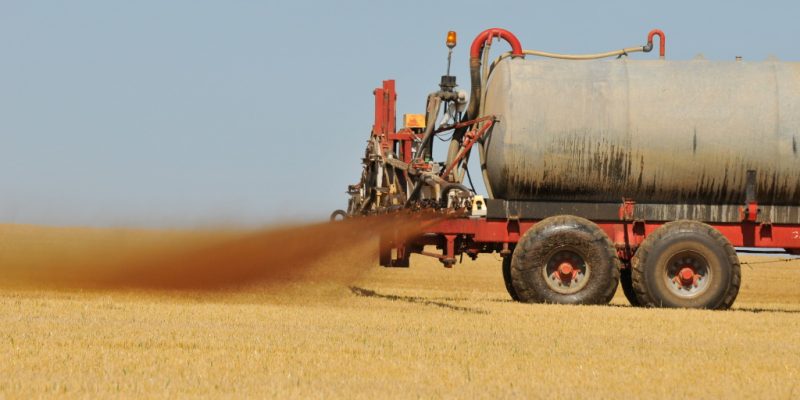In Ivory Coast, sanitation services will soon be improved in urban areas thanks to the construction of 20 fecal sludge treatment plants with a total capacity of 100,000 m3.
This is one of the outcomes of the 21st International Congress and Exhibition of the African Water Association (AfWA) which closed on 23 February 2023 in Abidjan, Ivory Coast. The authorities of this West African country recently announced the construction of 20 sewage sludge treatment plants in 17 Ivorian cities, notably in Abidjan and Yamoussoukro, the capital.
The facilities, with a total capacity of 100,000 m3, will help strengthen urban sewage systems, according to the Ivory Coast’s National Office of Sanitation and Drainage (ONAD). Although the project owner has not yet been revealed, “the government will work with donors so that the drinking water and sanitation components can be jointly financed”, explains Kouamé André, the director of planning and mobilisation of financing at ONAD.
Thus, the funding mobilised will allow the construction of modern latrines that will supply the future sludge treatment plants. At the same time, experts from ONAD are making technical visits with experts for the rehabilitation of other sanitation sites in Ivory Coast. These include the Anyama sewage sludge treatment plant, the compact sewage sludge treatment unit in Koumassi and the Zoo dumping site.
Read also-Ivory Coast: In response to pollution, 13 lakes will be cleaned up in Yamoussoukro
According to the United States Agency for International Development (USAID), 40% of Abidjan’s residents (2.1 million people) do not have access to individual sanitation systems. This situation is not improving due to the sluggishness of the non-collective sanitation market. For this reason, in 2019, Onad launched a fund of 250 million CFA francs (more than 381,000 euros) in partnership with the Banque populaire de Côte d’Ivoire (PBCI). The initiative aims to finance the activities of sludge and septic tank emptying operators.
Benoit-Ivan Wansi






